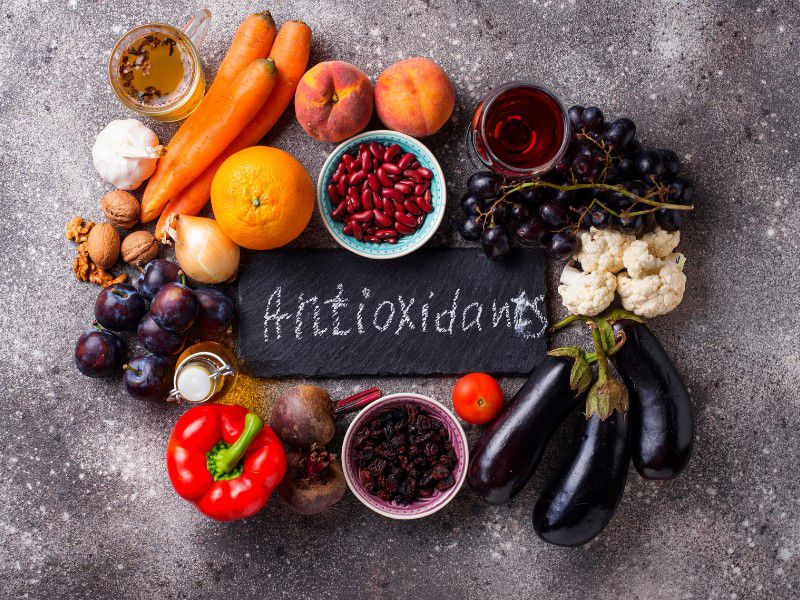
Looking to live longer? Want to join the centenarian club?
If promoting longevity, slowing down the hands of time, retaining youthful looks, and staying fit and healthy are some of your life goals then antioxidants should be on your radar.
But what are they exactly? And where can you get them?
I did some research. This is what I discovered.
What Are Antioxidants?
Antioxidants are either man-made or natural molecules that can help prevent or delay certain types of cell damage as well as help fight free radicals in the body. Simply put, they protect your body from harm and help preserve its youthfulness. Cell deterioration is normal as we age but often sped up by the result of several factors that can play a role which include air pollution, toxins, alcohol consumption, a diet rich in polyunsaturated fatty acids, high blood sugar, radiation (including excessive sunbathing) and more.
What Do Antioxidants Do Exactly?
Antioxidants neutralize free radicals by donating some of their own electrons to function as a natural ‘off’ switch for the free radicals. This mechanism of action aids to break a chain reaction that can affect other molecules in the cell as well as other cells in the body.
What Are Antioxidants Good For?
Because antioxidants have the power to scavenge and neutralize free radicals, research has shown that they can lower the odds of developing some illnesses and diseases, adding years to your life as a result.
What Are Free Radicals?
Free radicals exist in abundance in your body naturally with new ones being generated constantly. If left to their own devices and untamed, free radicals can cause damage to the body which is why antioxidants are needed to establish a healthy balance. An imbalance can result in a state called oxidative stress which, if left, can cause damage to your DNA and other body cells and molecules resulting in illness or even premature death.
Antioxidants And Menopause
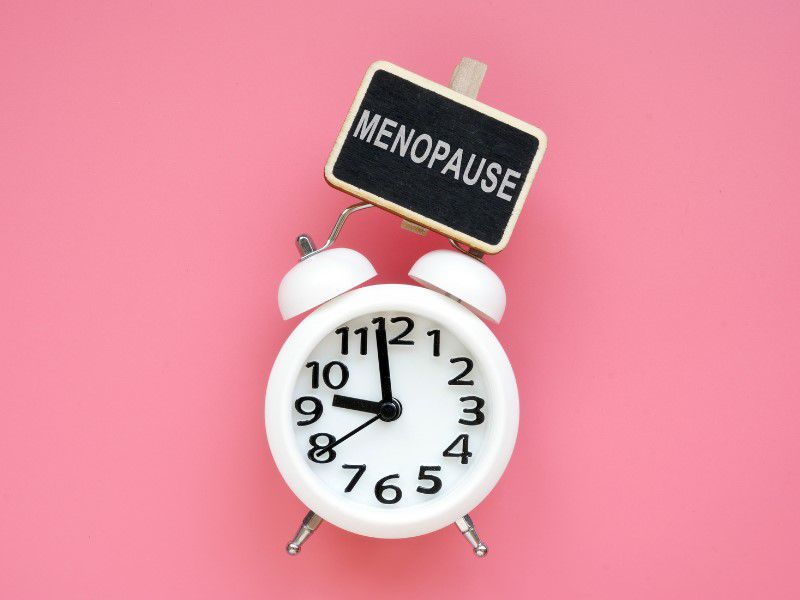
A lot of research has focussed on the relationship between antioxidants and menopause, specifically how oxidative stress (in the form of free radicals and antioxidant deficiencies) plays a role in exacerbating menopause symptoms.
During perimenopause and ultimately menopause, estrogen (an established antioxidant in the body) declines and becomes deficient, leading to oxidative stress which in turn leads to the development of a variety of symptoms and pathologies that are synonymous with menopause. Specifically, oxidative stress has been associated with an increased risk of developing osteoporosis as well as cardiovascular disease and a greater frequency of vasomotor symptoms (e.g. hot flashes, sweating, heart palpitations, etc).
Many medical interventions are available to address estrogen deficiency and unfavorable redox balance however, for many, the negative side effects are too much to cope with. Many women are opting for the natural route by making changes in their diet, exercise regime as well as introducing antioxidant supplementation to help overcome the symptoms of menopause.
Where To Find Antioxidants?
Antioxidants are most abundant in fruits and vegetables, as well as other foods including nuts, whole grains, and some meats, poultry, and fish.
However, with today’s busy lifestyle and poor dietary regimen, many people are opting to include a daily nutritional health supplement.
Which Foods Contain Antioxidants?
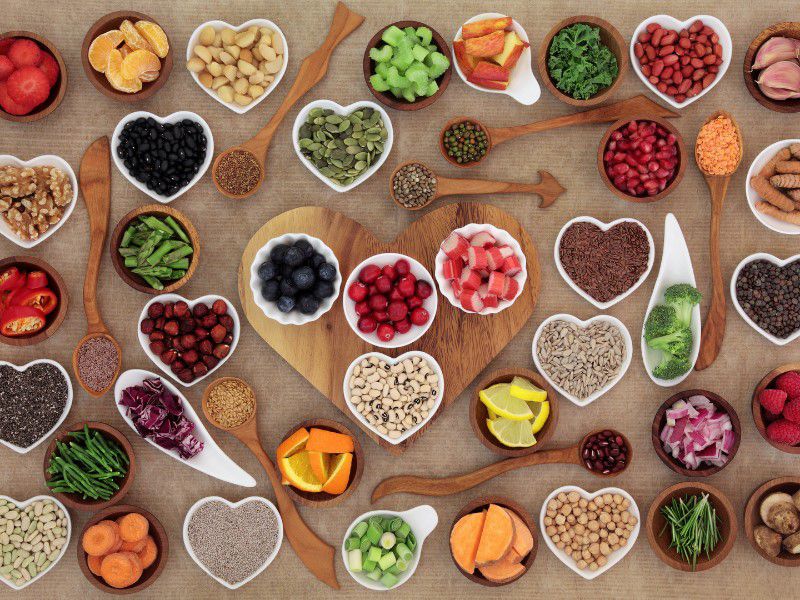
The most convenient way to consume antioxidants is by introducing them to your daily diet. A plethora of fruits, vegetables, pulses, and plant-based foods provide a rich source of antioxidants.
Adopting a diet that is antioxidant-rich, is the most effective way to ensure antioxidant levels in the body are conserved at the optimum level to help combat oxidative stress and the illness and disease that often comes with it.
Foods rich with antioxidants include the following:
- Dark chocolate (with a high cocoa content)
- Pecans
- Berries (including blueberries, bilberries, cranberries, strawberries, raspberries and goji berries)
- Artichokes
- Kale (isn’t this good for everything!!)
- Red cabbage
- Beans
- Beets
- Spinach
I found a great resource that provides a full breakdown of antioxidant content and nutritional value of all foods, published in the January 2010 issue of “Nutrition Journal.”
Research suggests that eating plenty of antioxidant-rich whole food is a much better idea than supplementation as studies indicate that foods reduce oxidative damage to a greater extent than supplements as foods’ compounds work synergistically with the body.
That said, the best strategy to ensure adequate antioxidant intake is to follow a diet rich in various vegetables and fruits, alongside other healthy habits.
Low-dose antioxidant supplements may be beneficial if you are deficient in certain nutrients or unable to follow a healthy diet.
Which Vitamins Are Antioxidants?
Some examples of antioxidants include Vitamins A, C, and E, Selenium as well as carotenoids which include beta-carotene, lycopene, lutein, and zeaxanthin.
Antioxidant Supplements – Are They For You?
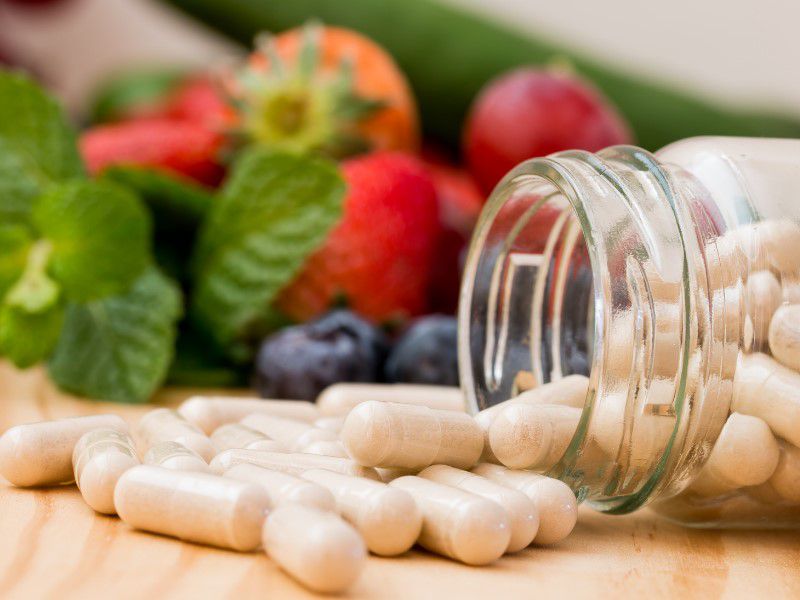
Nowadays, many people fall short on good dietary habits, and as such, diets may be insufficient in providing the right balance of antioxidants needed to optimize health and support anti-aging.
There are many antioxidant supplements on the market including CoQ10, Resveratrol, Glutathione, and Astaxanthin to name but a few. A top-quality version of any of these antioxidants can provide incredible health benefits.
Making sure you balance the correct dosage and potency is essential as more is not always a good thing. However, finding the right balance is essential as excessive intake of isolated antioxidants can have toxic effects and may cause more harm than good. For this reason, most doctors direct patients to avoid high-dose antioxidant supplements.
Antioxidants: The Take Home
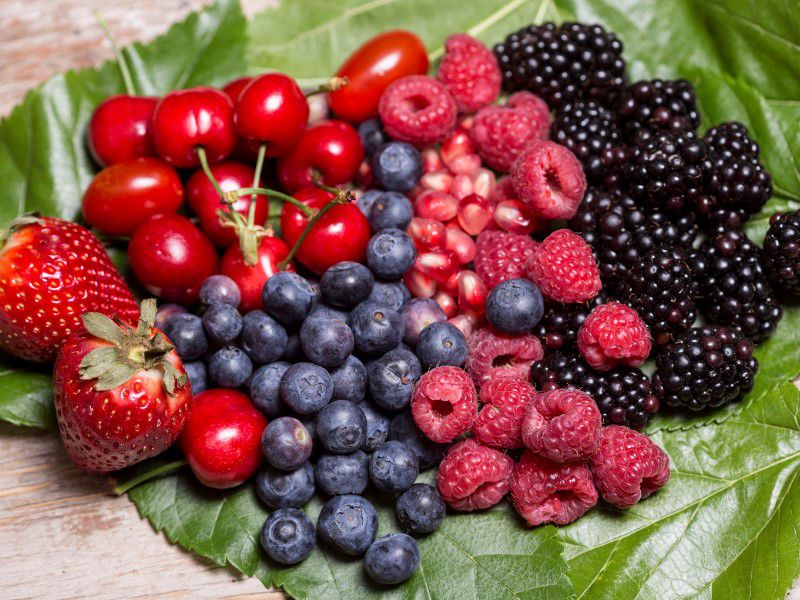
Adequate antioxidant intake is essential for maintaining optimal health and wellbeing, although some studies suggest that high-dose supplements may be harmful so finding the right balance is key.
The best strategy is to get your daily dose of antioxidants from healthy plant foods, such as fruits and vegetables, and where needed reach for a top-quality health supplement to bridge the gap.
This is especially true during menopause when estrogen (a natural in-built antioxidant) depletes and your body needs support differently – which is where antioxidants can help. If you are unsure about your options, you should talk to your doctor (or a nutritionist) for some professional advice.
The health benefits of antioxidants cannot be denied and the evidence is mounting in their favor. If you do one thing for yourself, delve into the wonderful world of these unique compounds and make them your new BFF!
